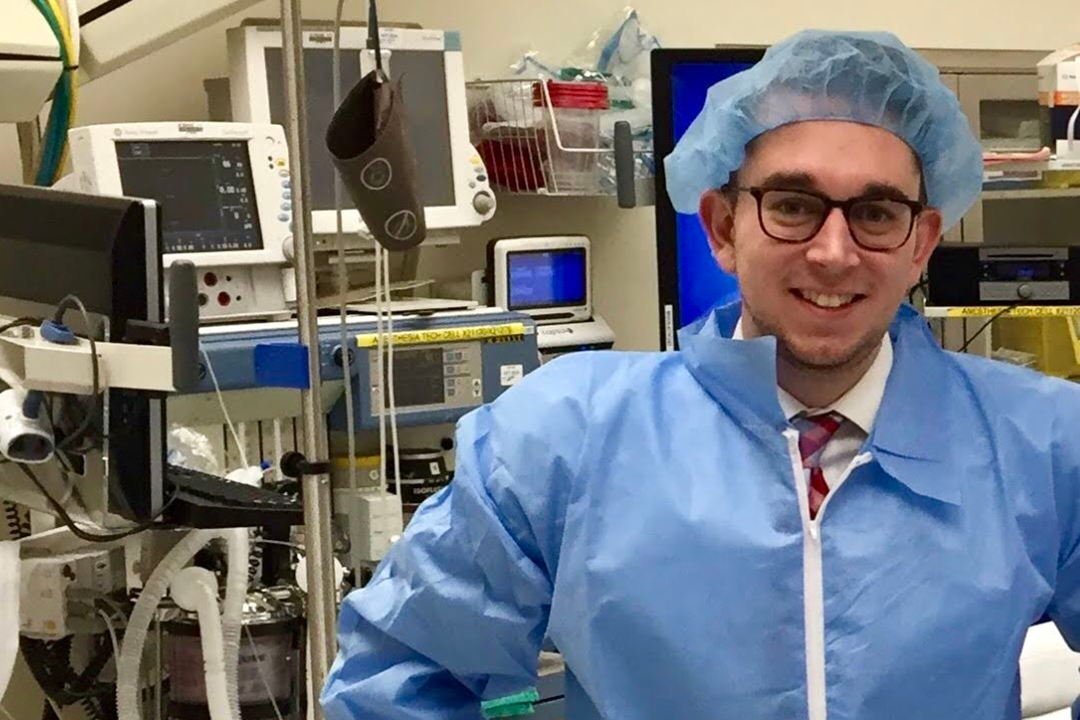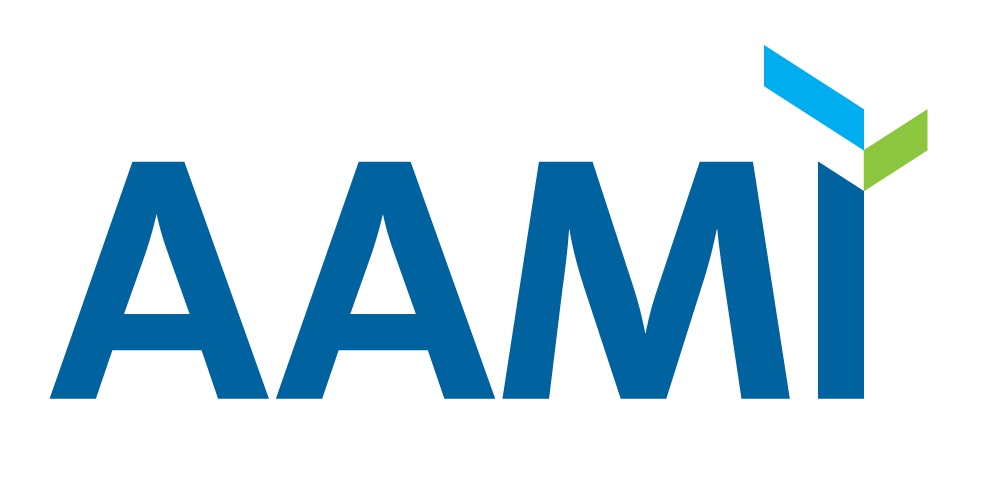AAMI Introduces New HTM Certification for Next-Gen Workforce
August 18, 2020

For Immediate Release
Contact: Brian Stallard, bstallard@aami.org, (703) 647-2771
The Association for the Advancement of Medical Instrumentation (AAMI) has developed the Certified Associate in Biomedical Technology (CABT), a new kind of certification aimed at professionals considering or just starting a career in healthcare technology management (HTM). By passing the certification exam, candidates can demonstrate that they possess the fundamental skillset to meet the growing demands of the HTM field while ensuring a high level of competency.
It’s no secret that the HTM field is expecting a glut of open positions. The U.S. Bureau of Labor Statistics projects that 2,000 new medical equipment repairer positions will be created by 2028, while clinical lab and industry technician positions are facing even more substantial growth, creating an additional 35,100 new jobs across science and medical sectors. However, what’s worrying managers is that an estimated 50% of the current clinical engineering workforce is over the age of 50. As this group retires, and the number of senior professionals available to coach new hires dwindles, the demand for new hires will only increase.
“AAMI is working hard not only to provide a solution for this anticipated deficit of HTM professionals, but to help promising professionals start their HTM careers right,” said MJ McLaughlin, director of education programming at AAMI. “Extensive work went into developing the CABT to help address these concerns and ensure a bright future for HTM.”
Recently, AAMI commissioned 12 subject matter experts with discovering what could make starting an HTM career difficult. They identified a wide skill gap between the average starting candidate and Certified Biomedical Equipment Technicians (CBETs).
“There is going to be a huge need to start replacing the retiring HTM workforce, so the sooner we can bridge this gap, the sooner we can start bolstering all these open positions,” said Nathan Lynch, a biomedical cybersecurity advisor for Kaiser Permanente.

Nathan Lynch poses in PPE for healthcare technology maintenance.
Lynch, who assisted in the analysis, worked for five years as a healthcare technology manager before transitioning to cybersecurity. He explained that in an ideal world, new hires become competent in their positions well before senior staff retire.
“It’s best to get new hires into positions where there’s a senior workforce that can pass the baton,” he said. “Unfortunately, this doesn’t always happen, so that’s where this new certification is coming into play. It’s making sure that all these new hires have a bare minimum knowledge level to be able to function independently without harming themselves or harming others.”
Starting this autumn, entry-level HTM professionals already working in the field may apply for CABT certification to demonstrate mastery of basic competencies, a commitment to professional development, and position one’s self for accelerated career advancement. There are no minimum work experience requirements for CABT applicants.
“It will be very tough for anyone who does not have the ambition to prepare themselves well,” said Maggie Berkey, a senior biomedical equipment technician and Technology Management Council member who helped design the exam for the CABT. “Candidates should study the fundamentals of electronics, basic anatomy and physiology, as well as foundational information technology. Test takers will need to bring critical thinking skills and their common sense too!”
While the CABT sets a new bar of excellence for graduates of HTM programs, it will also help those transitioning from other technical jobs, such as mechanics or electricians, and even ambitious high school graduates with sufficient technical know-how.
“That’s sure to help rural areas that cannot attract graduates of healthcare technology programs,” Berkey said, “and it can only have a positive impact in bridging the talent shortage gap our industry is facing.”
Sign in now to apply for the CABT online.
AAMI (www.aami.org) is a nonprofit organization founded in 1967. It is a diverse community of more than 10,000 healthcare technology professionals united by one important mission—supporting the healthcare community in the development, management, and use of safe and effective health technology. AAMI is the primary source of consensus standards, both national and international, for the medical device industry, as well as practical information, support, and guidance for health technology and sterilization professionals.
